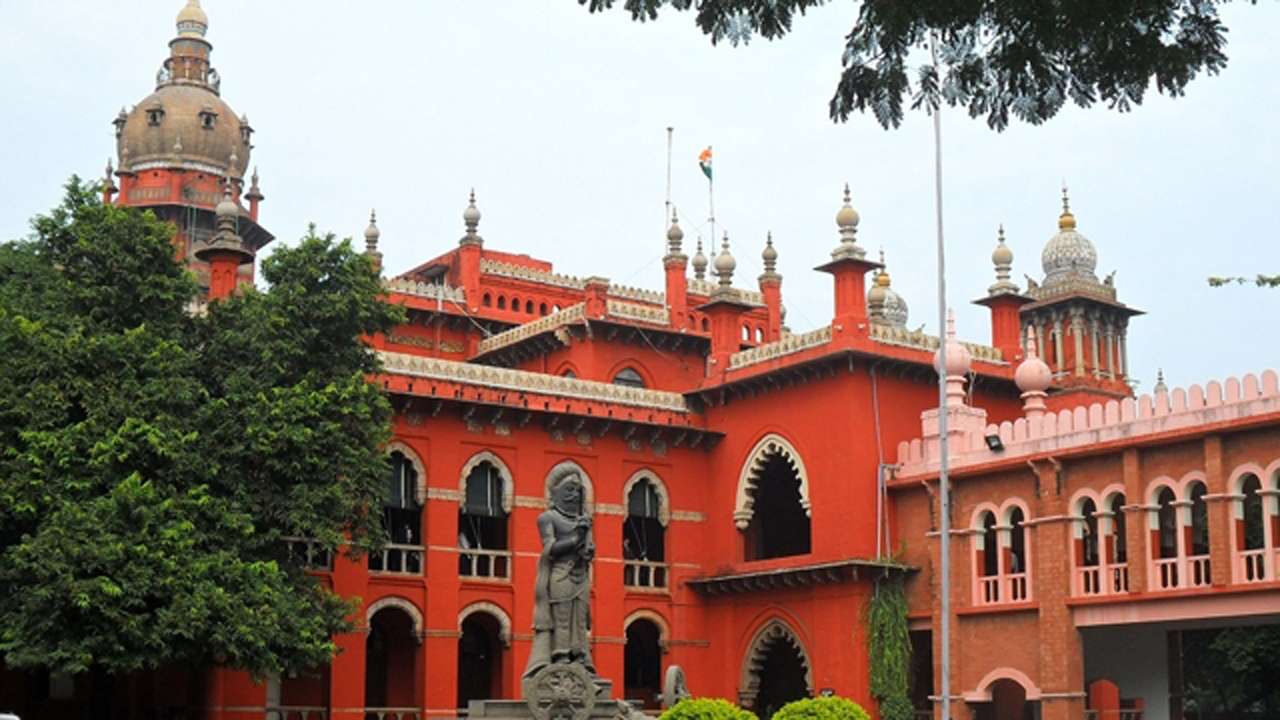
Ensure zero-tolerance policy towards drunken driving, HC tells Centre
The Madras high court on Friday (October 25) directed the Centre to make appropriate amendments to section 185 of the Motor Vehicles Act to ensure a zero-tolerance policy towards drunken driving in the country.

The Madras high court on Friday (October 25) directed the Centre to make appropriate amendments to section 185 of the Motor Vehicles Act to ensure a zero-tolerance policy towards drunken driving in the country.
Section 185 of the Act prescribes that whoever while driving or attempting to drive a motor vehicle has in his blood alcohol exceeding 30 mg per 100 ml of blood detected in a test by a breath analyser shall be punished with imprisonment of six months or with fine or both.
The judge gave the directive while setting aside an order of a Motor Accident Claims Tribunal fastening 60% contributory negligence on the part of the insurance firm and awarding ₹39,500 to a person in a road accident case, in which the victim, K Shanmugam, himself was in an inebriated condition at the time of accident.
Also read | Motor vehicle act: Some states dilute norms, others buy time
Justice R Mahadevan, while hearing the petition, observed, “Too many lives have already been lost to this lethal cocktail of internal consumption and internal combustion.”
“Since Section 185 is placed in Chapter 13 of the Motor Vehicles Act, the Central Government is to consider a suitable amendment in this regard by allowing various State Governments/Union Territories to adopt a zero-tolerance norm in Section 185 itself,” the court said.
“The state government will have to issue appropriate directions to ensure that there is proper coordination between the police and the licensing authorities so that an action of suspension of the driving license is initiated immediately after the offence is committed,” it added.
Also read | Odisha truck driver fined ₹86,500, highest under new MV act
Observing that the effect of alcohol on an individual can vary widely, the judge said factors such as overcrowded roads, pedestrian movement, absence of sufficient sidewalks or pavements, a general indiscipline and indifference to traffic regulations should also be considered.
“And the fact, too, that our roads and such few sidewalks used by hawkers during the day and by the poorest of the poor at night…This makes drunken driving all the more dangerous, and this court does not think that it is possible to ignore these conditions, especially given our experience with fatalities caused to third parties by reported incidents of drunken-driving,” the court said.
(With inputs from agencies)

